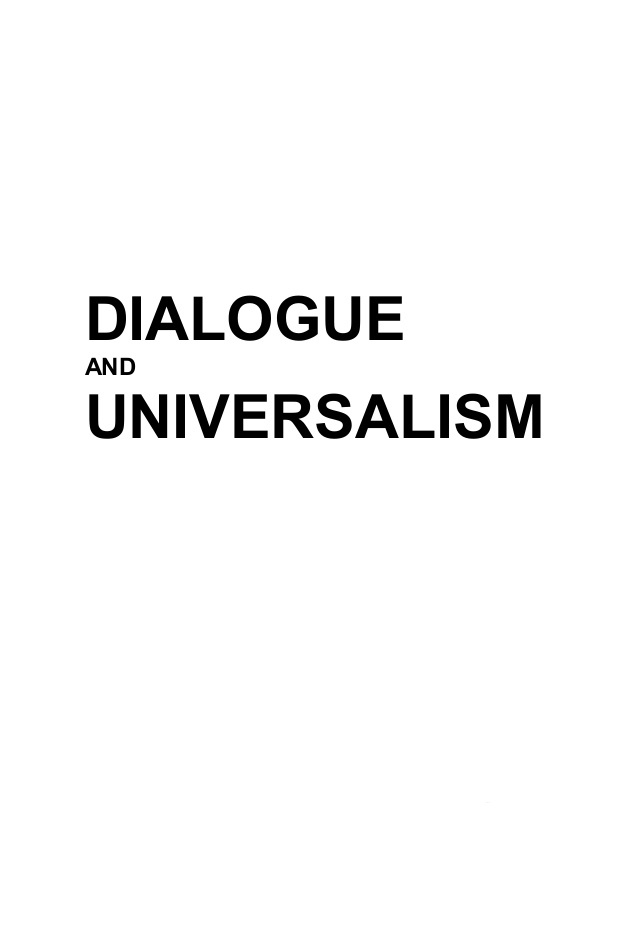AN AESTHETIC THEORY IN FOUR DIMENSIONS:
COLLINGWOOD AND BEYOND
AN AESTHETIC THEORY IN FOUR DIMENSIONS:
COLLINGWOOD AND BEYOND
Author(s): Robert Elliott AllinsonSubject(s): History of Philosophy, Social Philosophy
Published by: Instytut Filozofii i Socjologii Polskiej Akademii Nauk i Fundacja Filozofia na Rzecz Dialogu
Keywords: Kant’s disinterested pleasure; the expression of emotion; Plato’s concept of Beauty; catharsis; Aristotle; Sigmund Freud; Pablo Picasso; Piet Mondrian; Michelangelo
Summary/Abstract: The purpose of this article is to synthesize four major elements of aesthetic experience that have previously appeared isolated whenever an attempt at conceptualizationis made. These four elements are: Immanuel Kant’s disinterested pleasure, Robin G.Collingwood’s emotional expressionism, the present writer’s redemptive emotionalexperience, and, lastly, Plato’s concept of Beauty. By taking these four abstracted elements as the bedrock for genuine aesthetic experience, this article aims to clarify theproper role of art as distinct from philosophy and intellectualization. Rather than a medium conducive to intellectual understanding, it is argued that the sphere these fourelements of aesthetic experience demarcate is one in which art leads to an emotionalunderstanding that transforms the human condition and it imbues it with new meaningonly to be found in a moment of aesthetic experience.
Journal: Dialogue and Universalism
- Issue Year: 2019
- Issue No: 2
- Page Range: 53-64
- Page Count: 12
- Language: English
- Content File-PDF

